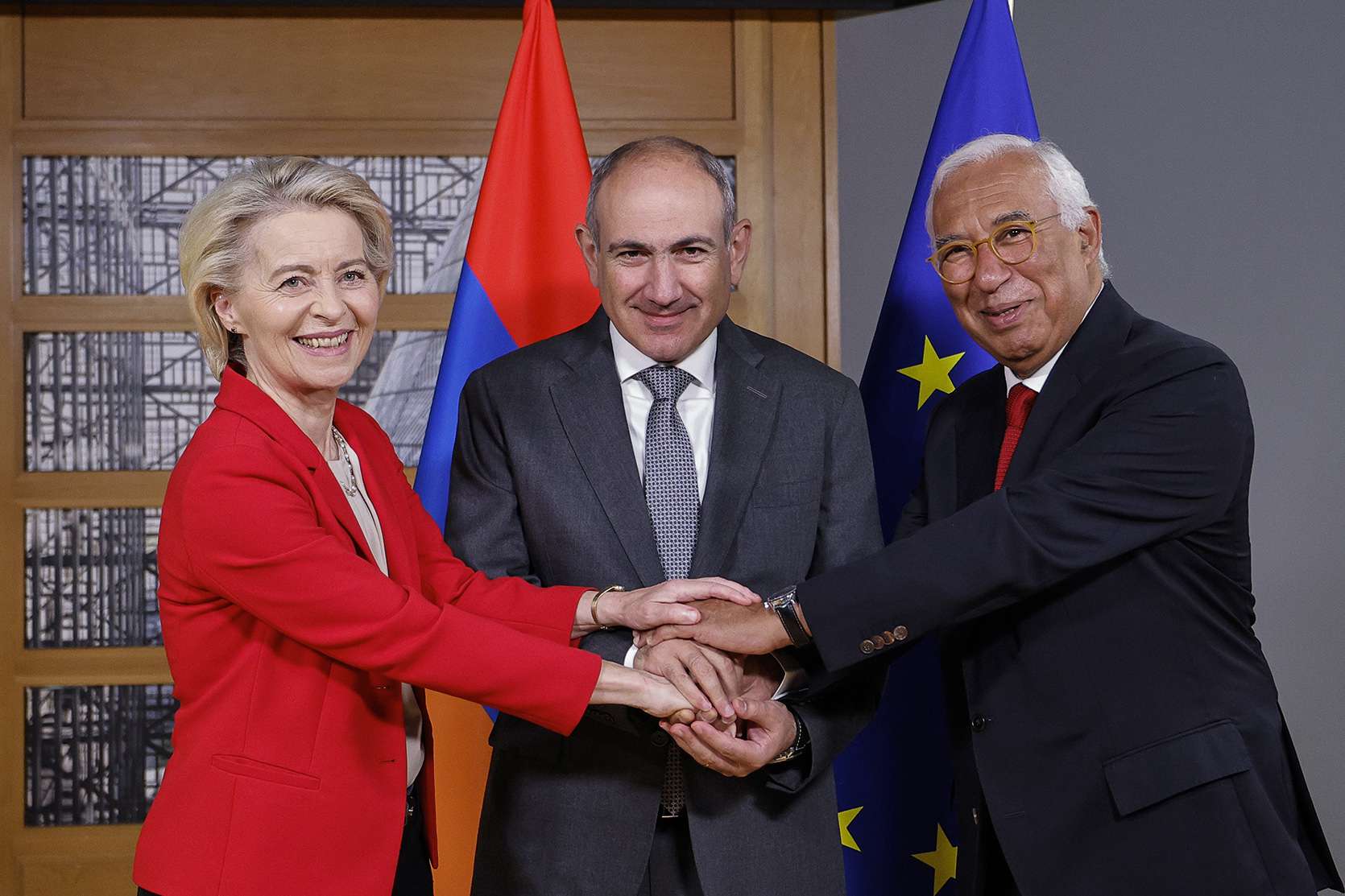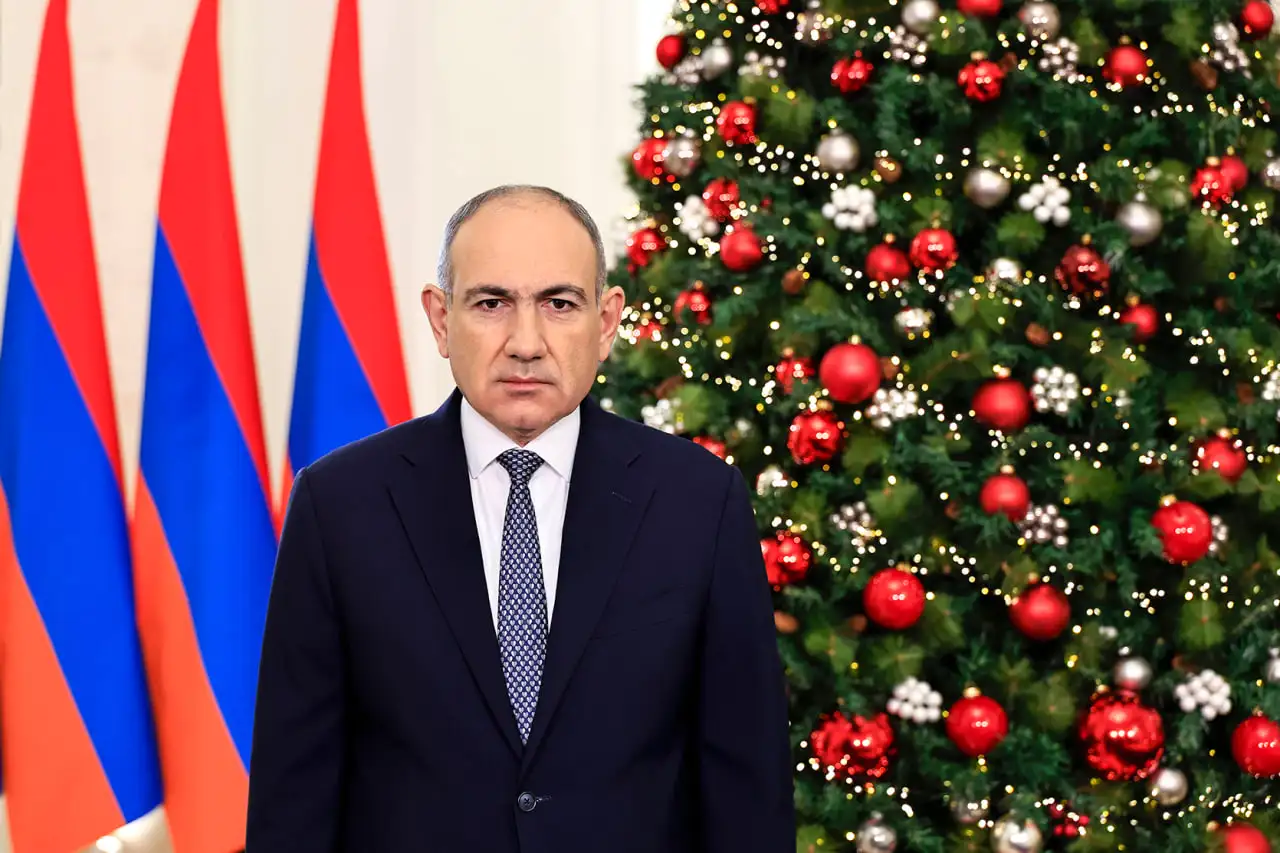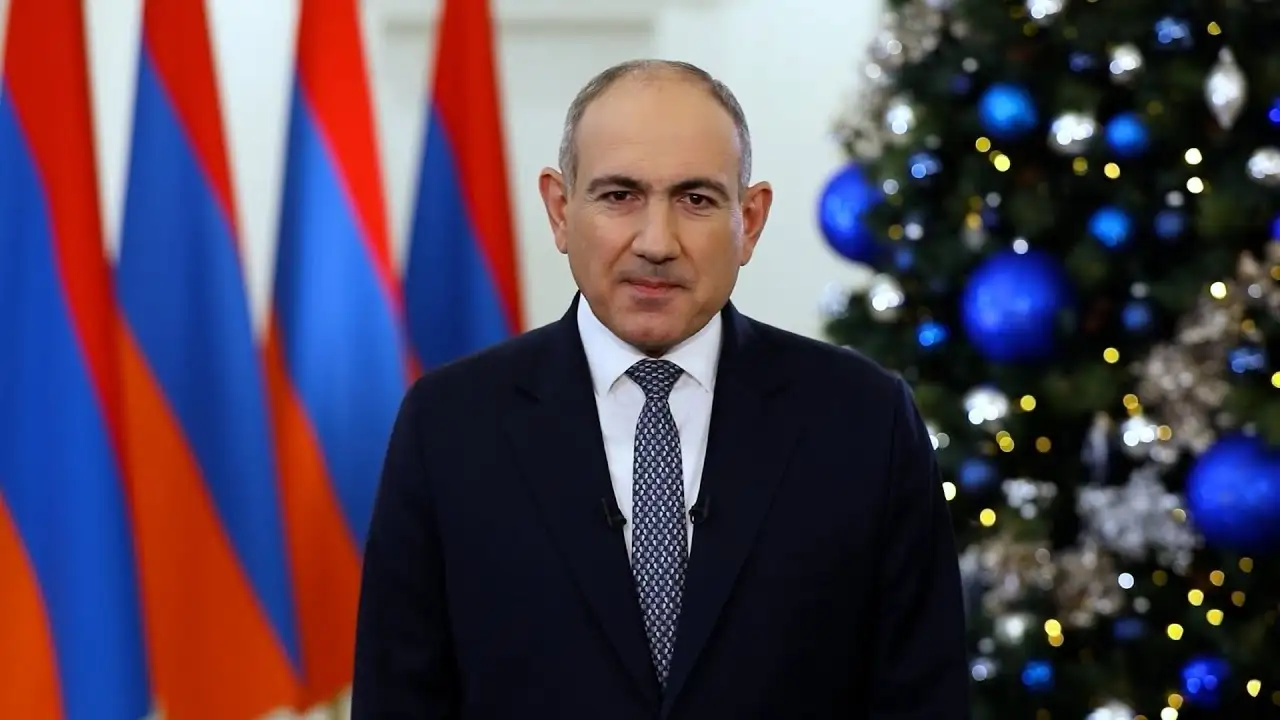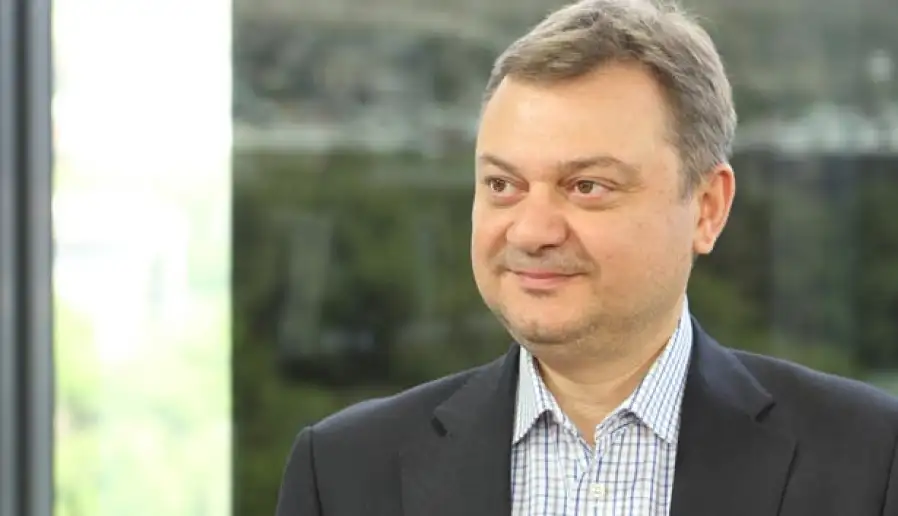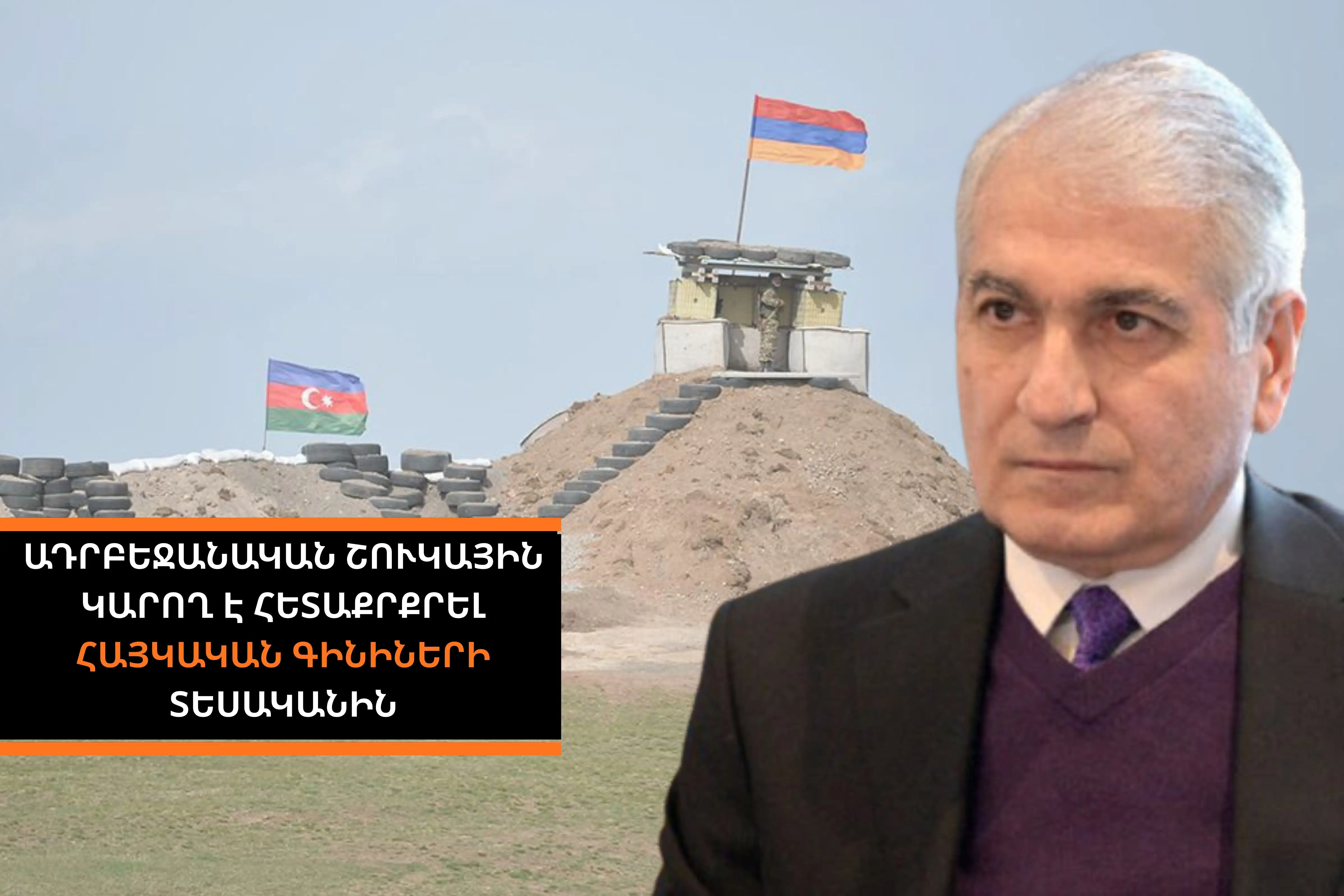A trilateral meeting between the Prime Minister of the Republic of Armenia, Nikol Pashinyan, the President of the European Council, Antonio Costa, and the President of the European Commission, Ursula von der Leyen, took place in Brussels.
A joint press release was adopted following the meeting, which is presented below:
"The EU and Armenia reaffirm and advance their partnership during the Leaders' Meeting."
Today in Brussels, European Council President Antonio Costa and European Commission President Ursula von der Leyen met with Armenian Prime Minister Nikol Pashinyan to reaffirm and advance the growing partnership between the European Union and Armenia. President Costa and President von der Leyen welcomed Armenia's ambitious reform agenda and expressed their support for Armenia's sovereignty, territorial integrity, and democratic reforms.
During the meeting, the leaders welcomed the recent political agreement on the text of the new EU-Armenia Partnership Agenda, which is an essential milestone in their shared commitment to deepening ties. They also welcomed the progress made in the visa liberalization process and Armenia's recent adoption of the law "On the launch of the accession process of the Republic of Armenia to the EU."
The EU reaffirmed its strong commitment to supporting Armenia's resilience and long-term development through substantial financial and technical assistance. Under the Global Gateway Strategy, EU investments in Armenia are now projected to reach €2.5 billion, boosting inclusive growth and connectivity.
The €270 million Resilience and Growth Programme, announced in April 2024, increased EU funding to Armenia by 50%. With €200 million in grant assistance and €70 million in grant funding to boost investment, it continues to support Armenia's socio-economic reform agenda, foster closer sectoral cooperation, and promote investments in energy, transport, and the private sector.
In this context, the EU reaffirmed its support for Armenia's "Crossroads of Peace" initiative, which aims to promote regional connectivity and reconciliation. President Costa and President von der Leyen also noted Armenia's continued efforts to promote stability in the South Caucasus, particularly through ongoing engagement in peace negotiations with Azerbaijan and steps towards normalizing relations with Turkey. The leaders also highlighted Armenia's role in EU regional and economic initiatives, particularly within the framework of the Black Sea Strategy, emphasizing the importance of this opportunity to engage.
President Costa and President von der Leyen thanked Armenia for its close cooperation and steps taken to prevent the circumvention of sanctions. Together with Prime Minister Pashinyan, they agreed to continue joint efforts in this direction.
Cooperation in the field of security was a prominent feature of the discussions. The leaders welcomed the launch of the EU-Armenia Security and Defence Consultations, underlining their shared commitment to peace, stability, and democratic resilience.
Addressing several security-related concerns, including external information manipulation and interference, disinformation, and cyber threats, the EU offered to work with Armenia to assess its needs, identify priority areas for cooperation, and apply existing EU instruments. To support Armenia's information ecosystem, the EU announced a new package of €1.5 million to strengthen independent media.
EU leaders welcomed the fact that Armenia will host the European Political Community Summit and the 17th Conference of the Parties to the Convention on Biological Diversity.
Finally, the leaders concluded that today's meeting was an essential step in EU-Armenia relations and called for continued progress at the next EU-Armenia Partnership Council meeting this autumn.




